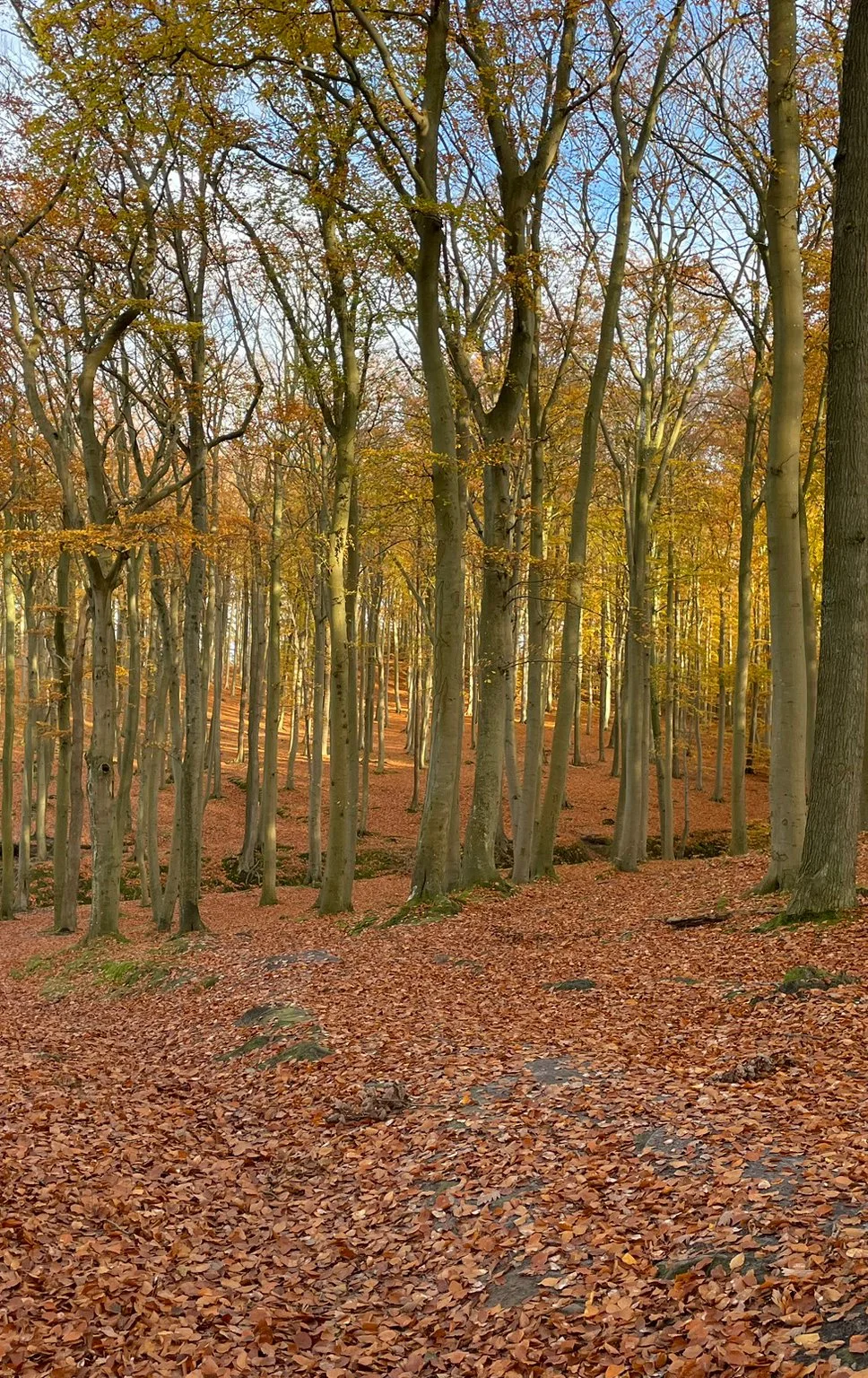Ideas into practice
The Will Brinton Foundation traces its origins to Woods End Agricultural Institute, a non-profit established in 1979 by Will Brinton and the late Robert Parnes to pioneer soil lab methods for ecological farming. In its early years, the Institute worked as an innovation incubator for a partnership that later became Woods End Laboratory Inc., a separate commercial entity incorporated in 1988. Although legally and functionally distinct, the two entities collaborated on applications inspired by the Institute's groundbreaking work.
With the Laboratory now under new ownership and direction, the Foundation operates as a fully independent organization. We renamed it to honor 300 years of the Brinton family’s struggle to retain, care for, and cultivate land against modernism’s erasure of rooted, place-based farming. The Foundation is dedicated to scientifically addressing the complex challenges of pursuing alternative and regenerative farming that mimics the best of what early settlers created—now in the context of rapid economic and climate change, dominated by oversimplified, overhyped techno-fixes.
From its inception, the Foundation focused on specific aspects growers struggle with when raising crops with a minimum of chemical intervention. An example is managing the supply and decomposition of soil organic matter to gain needed nitrogen. The Institute also pioneered green manuring—known today as cover cropping—for its dynamic and somewhat mysterious role in cycling nutrients, controlling weeds, or enhancing soil carbon. Finally, it advanced lab methods to measure and reflect these vital processes commonly ignored.
We have been a small but persistent voice highlighting new opportunities in scientifically observing the natural relationships of plants to soil. Against this is the risk of a narrow science focus linked with accelerating commercialization. A relentless emphasis on producing marketable outcomes and prioritizing publications over practical relevance has cultivated an ethos of 'solutions in search of problems,' often at the expense of genuine inquiry and scientific integrity.
Building on the vision of our founders and a legacy of land caring, the WB Foundation continues to explore challenging - or ignored - topics that influence sustainable farming.
Managed beech forest bordering farmland, Baltic Sea. Photo: WB 2023

